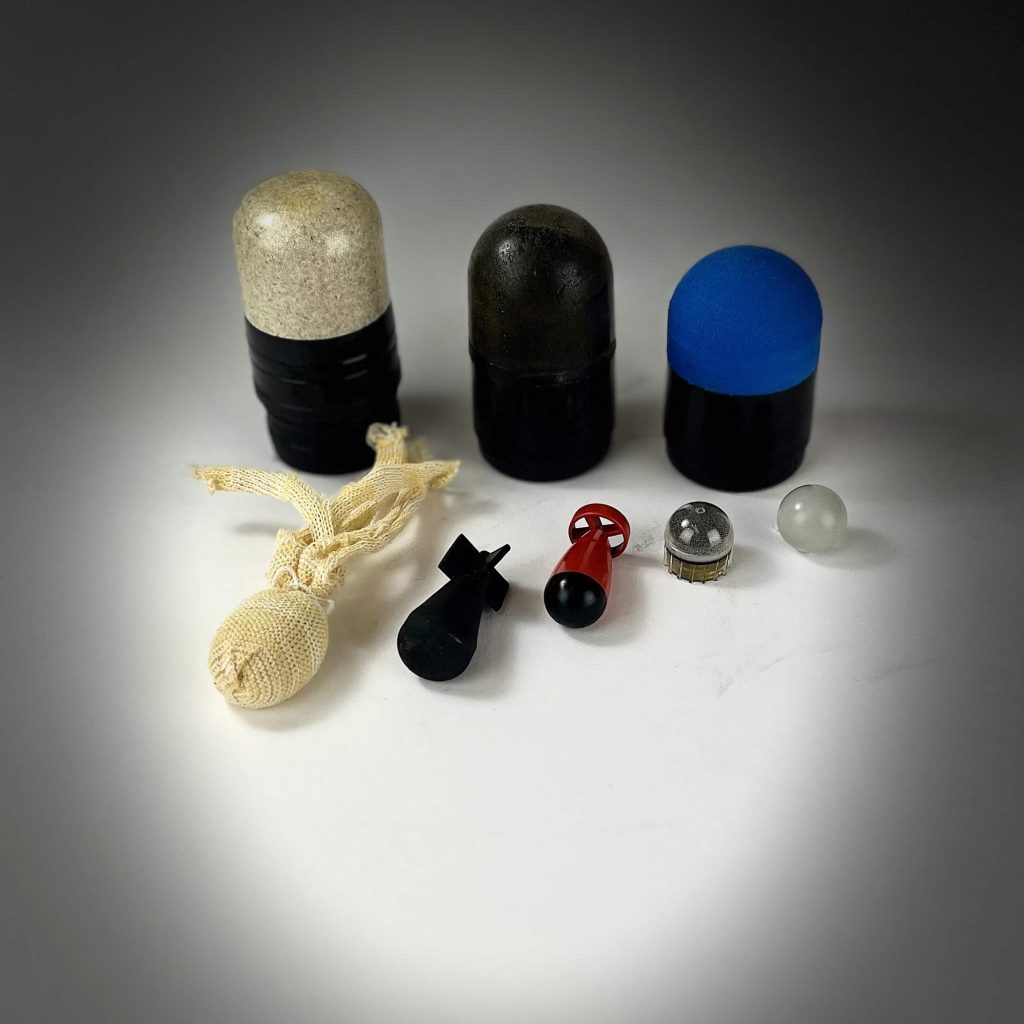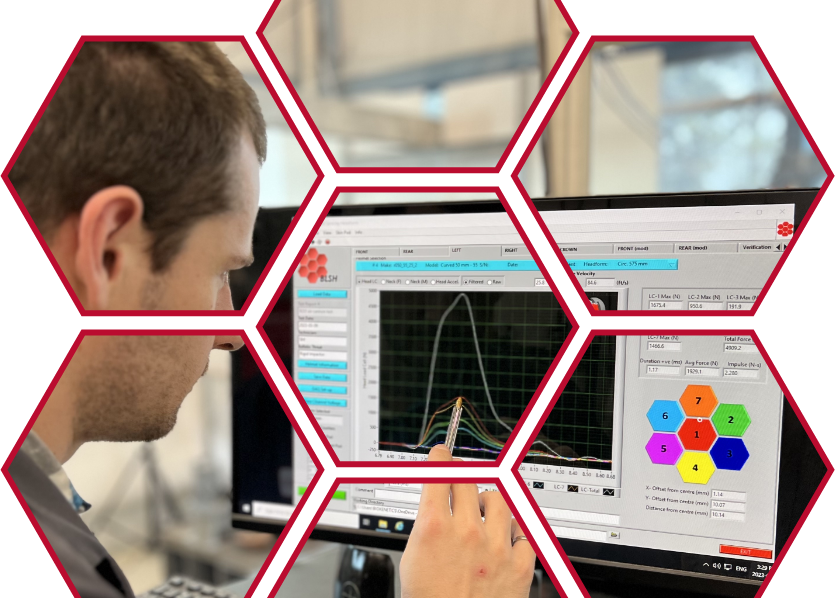
Less lethal weapons, including rubber bullets, bean bag rounds, and stun guns, play a crucial role in modern law enforcement, military, and security practices, enabling users to exercise control while minimizing the risk of harm in dangerous, highly dynamic situations. Designed to incapacitate rather than kill, these weapons can be extremely effective for crowd management and threat containment, but ensuring they remain as safe as possible for both operators and targets requires rigorous ballistic testing.
With decades of industry-leading experience, Biokinetics is pleased to offer services that include testing of less lethal weapons against industry regulations. We understand just how essential it is to understand and assess the performance of less lethal devices. Below, we’ll explore the complexities of ballistic testing, as well as partnering with a trusted team like Biokinetics. Read on to learn more!
The Role of Ballistic Testing
Ballistic testing evaluates how less lethal weapons interact with a target under controlled conditions to assess multiple factors that inform both the safety and the effectiveness of the unit overall. In particular, ballistic testing is concerned with establishing the following for less lethal weapons:
Impact Forces
Standardized testing measures the kinetic energy transferred to a target upon impact, and assesses its potential to cause injury.
Accuracy and Range
Testing ensures that a weapon can reliably target a specific area within its operational parameters, including range, energy, and intended use for optimal performance in real-world scenarios.
Material Behaviour Analysis
Ballistic testing examines how projectiles interact with targets upon impact, including factors like deformation and energy dispersion, to reduce the likelihood of unintended injuries and ensure safer performance.
Failure Scenarios
Finally testing helps to reveal the potential for malfunctions, including fragmentation and unpredicted trajectories that can cause serious issues when deployed in the real world.
When each of these data points are combined, manufacturers and regulators are able to gain a comprehensive understanding of the balance between a weapon’s intended functionality and the inherent risk of harm present upon deployment.
Challenges in Testing Less Lethal Weapons
Testing less lethal weapons brings unique considerations and challenges that differ from traditional firearms. Since less lethal (occasionally, erroneously, referred to as non-lethal) weapons are designed to incapacitate rather than causing permanent injury or fatalities, it is crucial to evaluate to appropriate standards. Key challenges and consideration include:
Defining “less lethal”
Lethal weapons have a definite standard to be measured against (mortality), whereas the threshold for harm with less lethal weapons can be farm more ambiguous. Ballistic testing must accurately determine if a weapon incapacitates without causing long-term harm, and what operational/deployment factors must be present.
Human Variability/Contextual Use
Body composition, clothing, impact location, and other such factors can drastically effect an impact and how individuals respond. This must be assessed for optimal performance in various contexts, and tests must simulate real-world operational scenarios, such as crowd control or individual target engagements, to ensure practical application.
Regulatory Gaps
Less lethal weapons lack universal standards, which can lead to inconsistent testing protocols that may sacrifice performance and reliability for end-users.
Biokinetics’ Testing Methodologies
At Biokinetics, we bring decades of hands-on knowledge and a highly experienced team to evaluating less lethal weapons, utilizing protocols and precise injury assessments with real-world scenario simulations, including:
Injury Assessment Metrics
Biokinetics uses surrogate models and ballistic gels to measure energy transfer and the resulting likelihood of injury with accuracy. Such data is crucial improving existing designs and performance, and also help to ensure regulatory compliance.
Regulatory Alignment
Our testing aligns with all relevant international standards, and in the absence of any standardized requirements, our team is able to develop custom testing frameworks for manufacturers as needed. Our tests provide clear data, highlight all associated risks that come with improper use, and help to inform best practices for optimal performance.
Laying the Foundation for Safe and Effective Deployment
Effective ballistic testing is essential to ensure less lethal weapons’ reliability, safety, and compliance with industry regulations. At Biokinetics, we’re proud to leverage our technical expertise and innovative testing methodologies to address the unique challenges posed by these systems with highly accurate and effective results.
For more information on our ballistic testing services or to discuss your specific requirements, contact Biokinetics today.

